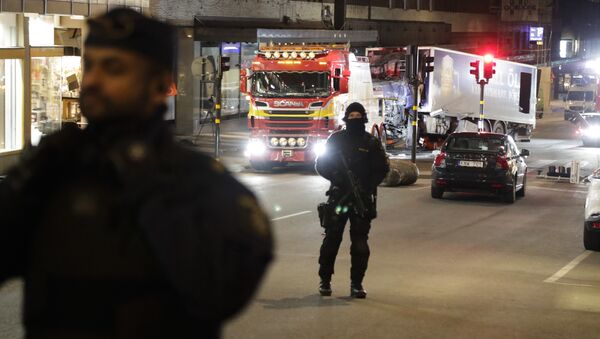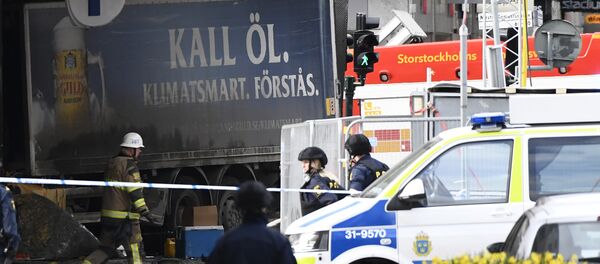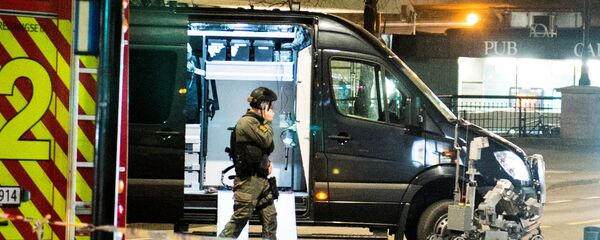"Many Western countries, including Sweden, often criticize Israel openly, while they at the same time are secretly eager to learn how the country has fought Islamic terrorism and other security threats" Anders Persson wrote in his opinion piece in the Swedish daily Svenska Dagbladet. He ventured that Sweden has much to learn from Israel's ability to tackle the latest cycle of violence, which is often called "popular terrorism."
According to the analyst, modern terrorism research distinguishes between four and possibly five waves of terrorism. These include the anarchist wave, which lasted from the 1800s well into the 1900s, the nationalist wave after World War II, the leftist wave in the 1970s, the religious wave after 1979, and, possibly, a right-wing wave from the 1990s onwards. The religious wave remains the most dominant today and is largely associated with Islamist extremism. Israeli research showed that 450 of a total 452 suicide attacks around the world were performed by militant Islamists. A similar pattern emerged in 2016, Persson noted.
Unlike their predecessors, "popular terrorists" are not necessarily linked to established organizations, but rather act on their own, inspired by the current events and activity in the social media. Most often than not, they have no formal terrorist training and instead use every means available, from home-made weapons and their own vehicles to kitchen knives and screwdrivers. Often, they are residents of the communities they choose to attack.
According to Persson, the man who acknowledged having deliberately mowed down people in Stockholm perfectly fits the profile of a "popular terrorist." The only question left to answer is how many people there are like him in today's Sweden, Persson noted.
"It would be a nightmare scenario for Sweden if angry and alienated young men (and to some extent even women) would choose to channel their frustration through 'popular terrorism,' which Israel has witnessed in the past 18 months," Persson wrote, venturing that Prime Minister Stefan Löfven in 2015 delivered a "world-class" gaffe when he refused to acknowledge the wave of attacks against Israel as terrorism.
Similar ideas were presented by the leader of the Civic Coalition, Ilan Sadé, who believes that it is high time to shed naivety when it comes to terrorism. In his opinion piece in Nyheter Idag, Sadé, who holds Swedish and Israeli citizenship, argued that Israel has had a long history of handling terrorist attacks, which is worthy of attention.
"There are probably several reasons why the 90s and 00s bombings have not taken place for a long time. An important part of the explanation is a functional border. You know, a wall, whose very idea Sweden has banned as an expression of primitive instincts," Ilan Sadé wrote, stressing the need for "awakening" in the Nordic country that has long been characterized by the absence of politically and religiously motivated violence.
Never miss a story again — sign up to our Telegram channel and we'll keep you up to speed!





